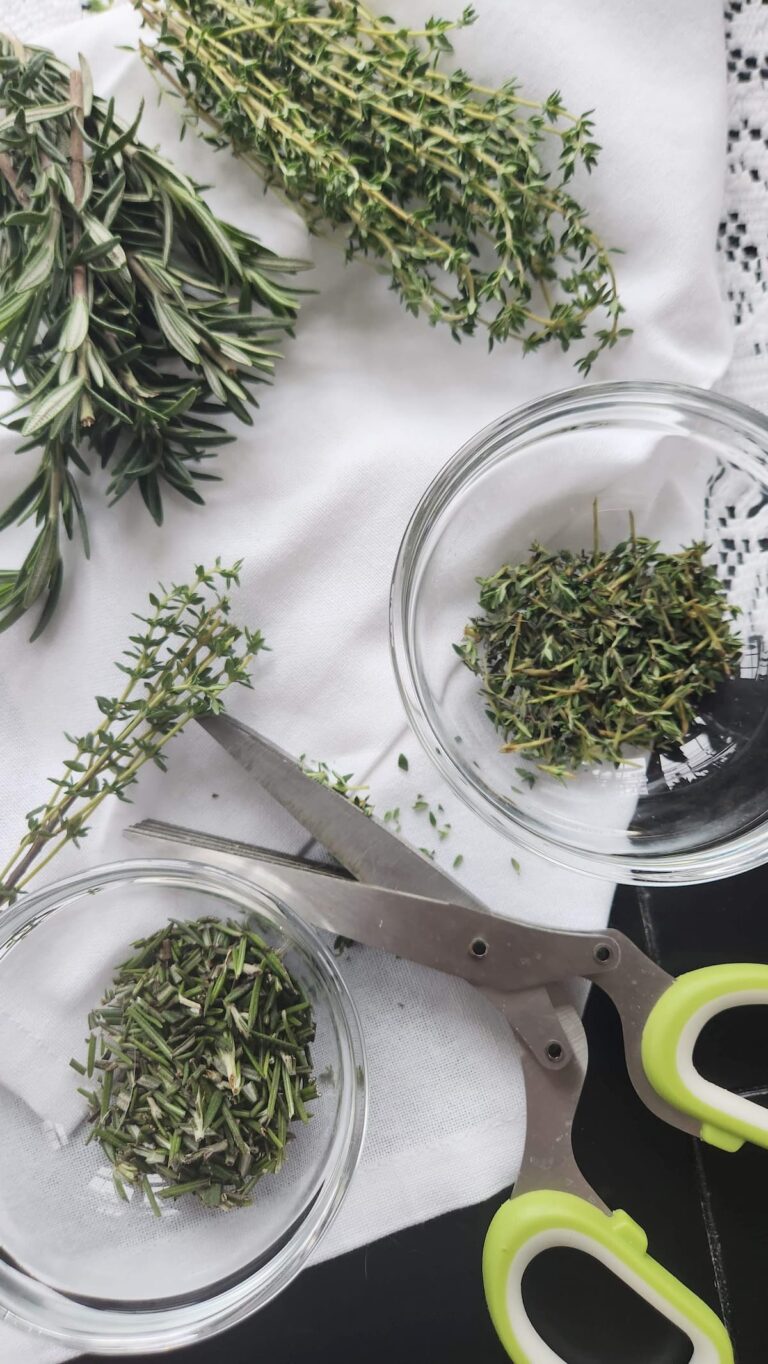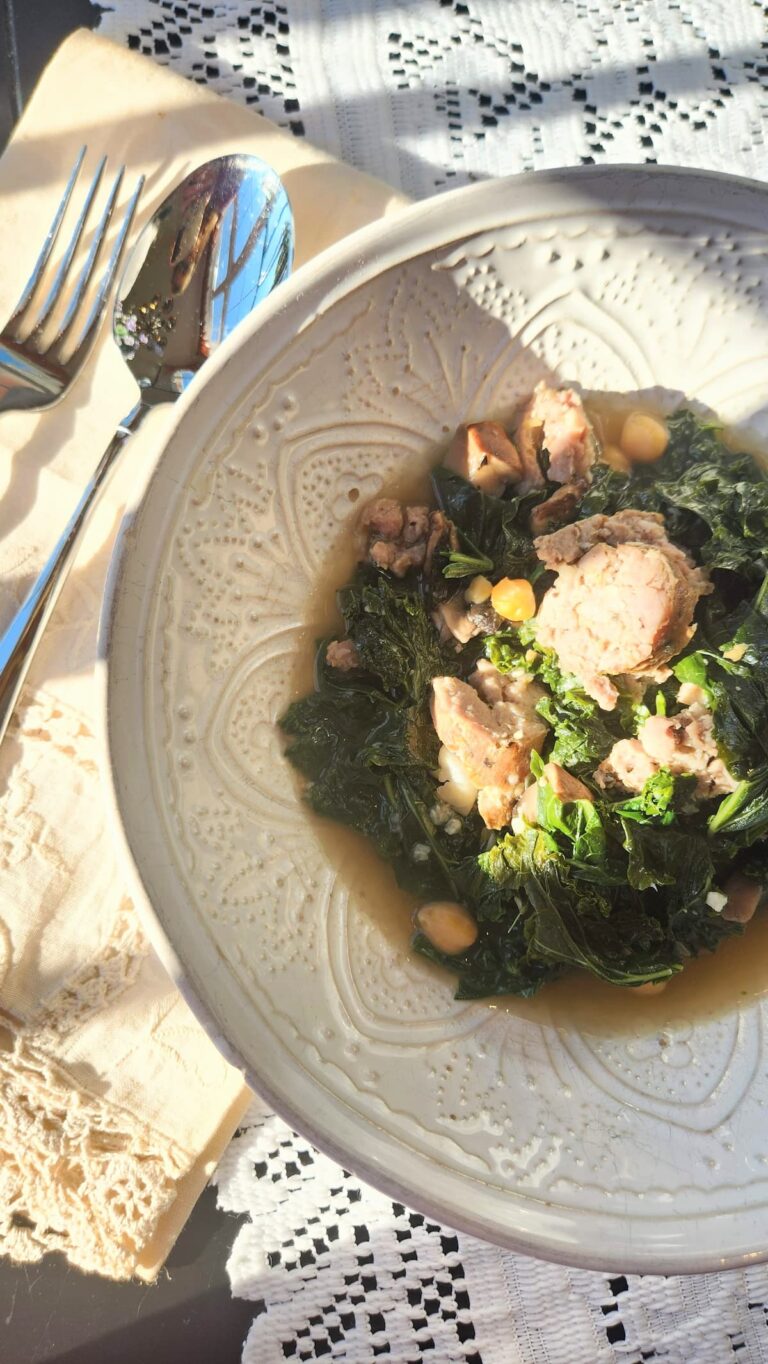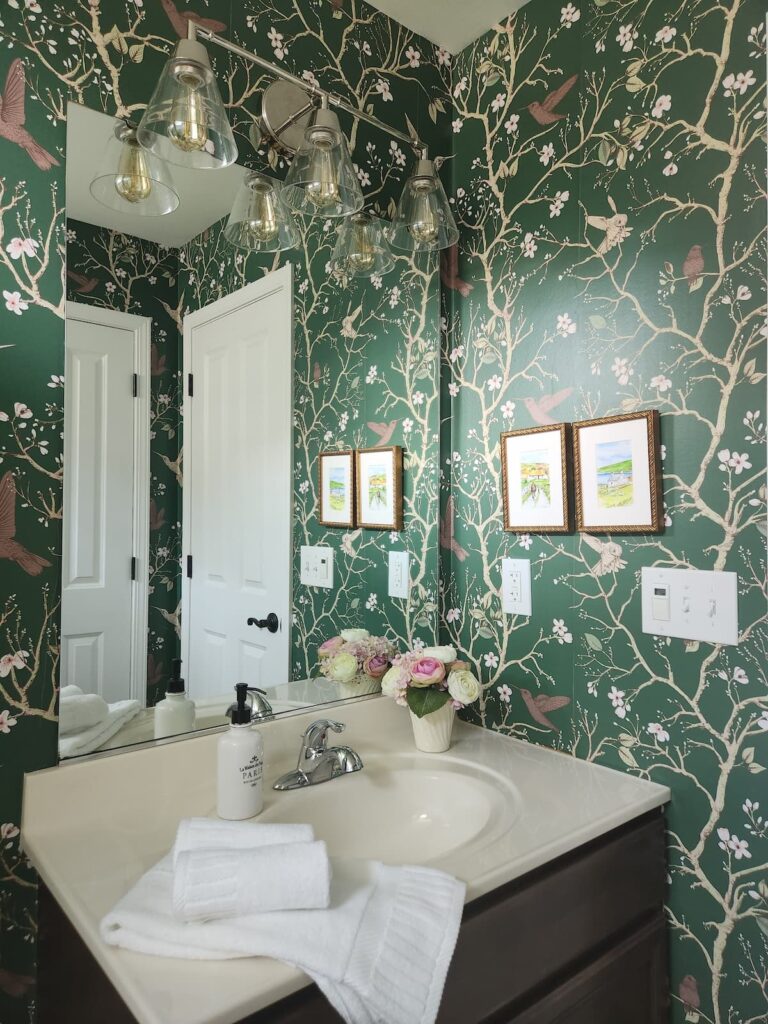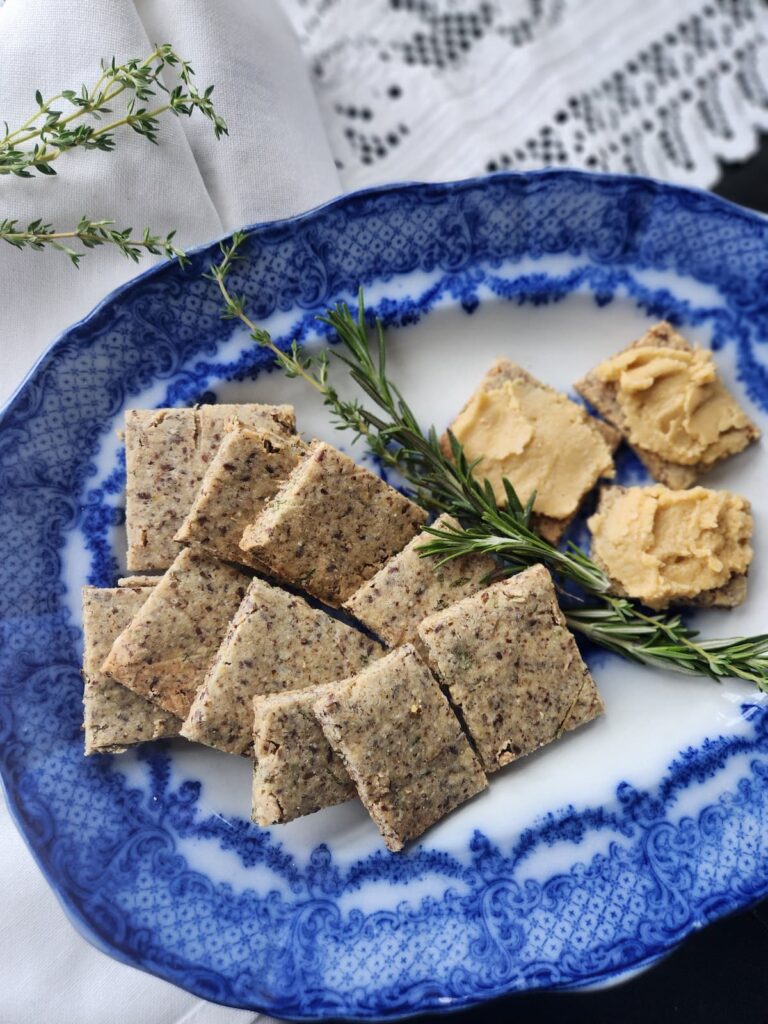Tea Leaves for Plants: Homemade Herbal Fertilizer
Hey there, fellow green thumbs! Today, I’m super excited to share more with you about my latest discovery that’s been a game-changer for my indoor plants and garden: homemade herbal fertilizer. Trust me, once you learn how to harness the power of tea for plant nutrition, you’ll wonder how you ever lived without it!
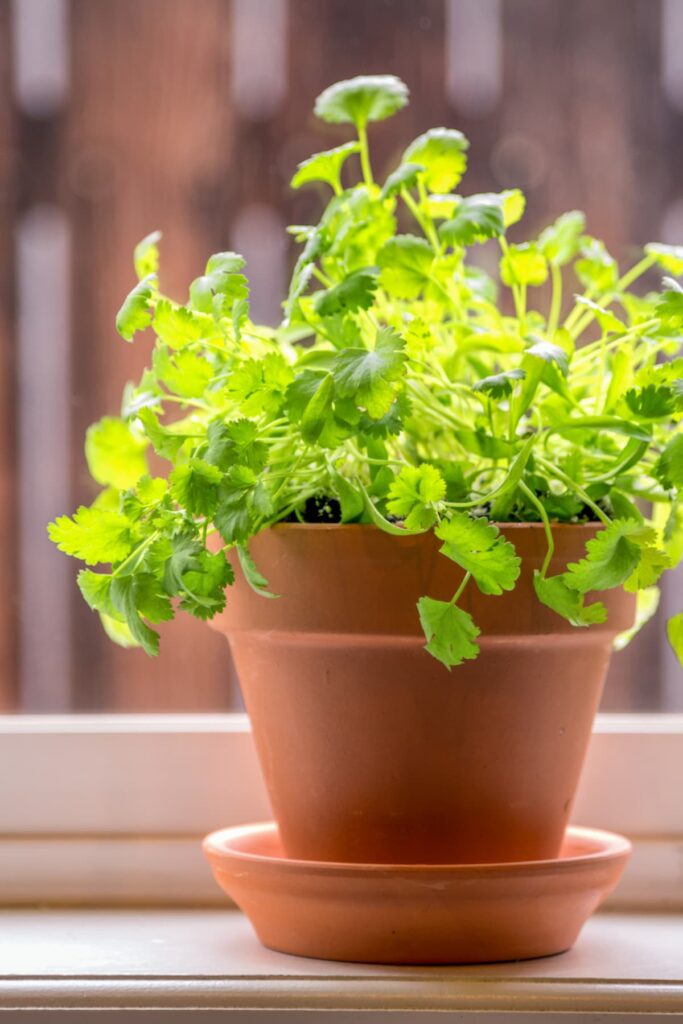
Maximizing Your Plant Growth with Homemade Herbal Fertilizer
Let’s dive right in and talk about the magic of tea for our beloved house plants and garden plants. You see, it turns out that tea isn’t just for sipping on lazy afternoons; it’s also fantastic organic matter that can supercharge your garden’s soil’s ph and growth. Who would’ve thought, right?
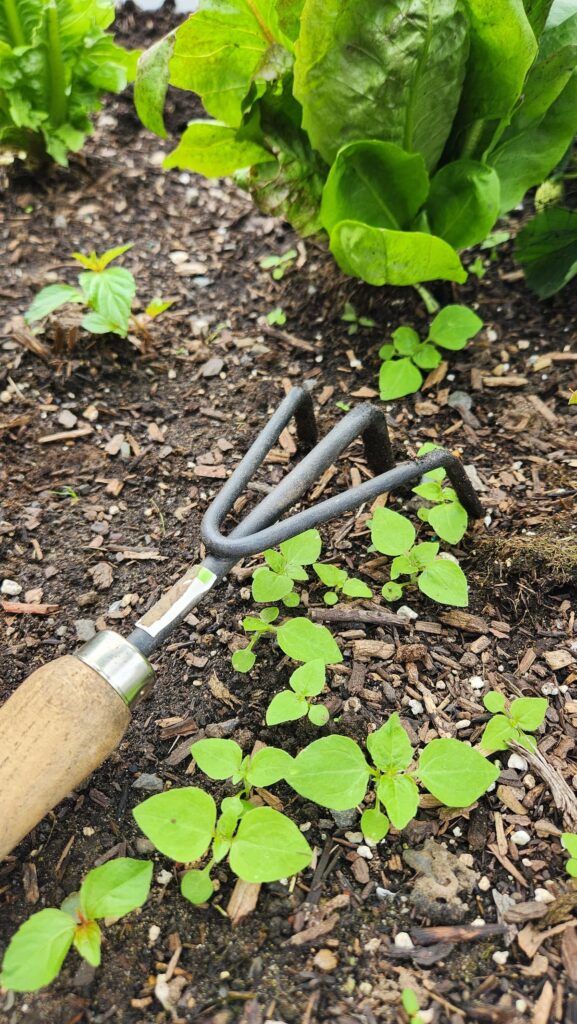
Unlocking the Potential of Tea for Plant Nutrition
Now, you might be wondering, But how exactly does brewed tea benefit plants? Well, my friend, tea is rich in nutrients like nitrogen, potassium, and phosphorus – all essential for healthy plant growth. Plus, it contains beneficial compounds like tannins and antioxidants that can boost your plants’ immune systems and protect young leaves from pesky pests and diseases.
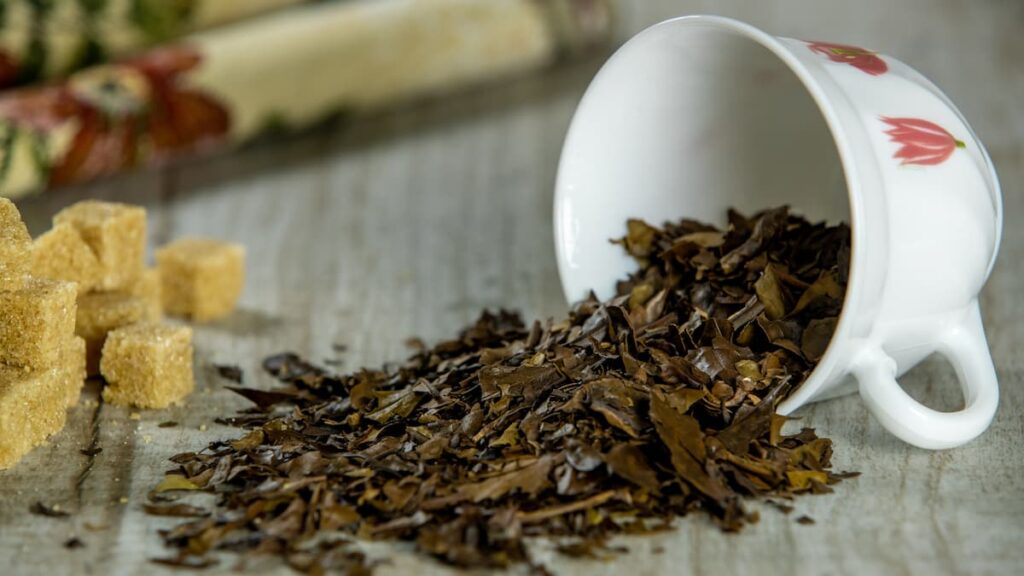
But here’s the best part: making your organic fertilizer from tea is ridiculously easy.
All you need are a few simple ingredients and a bit of patience, and you’ll be on your way to having the lushest garden on the block. Let me break it down for you:
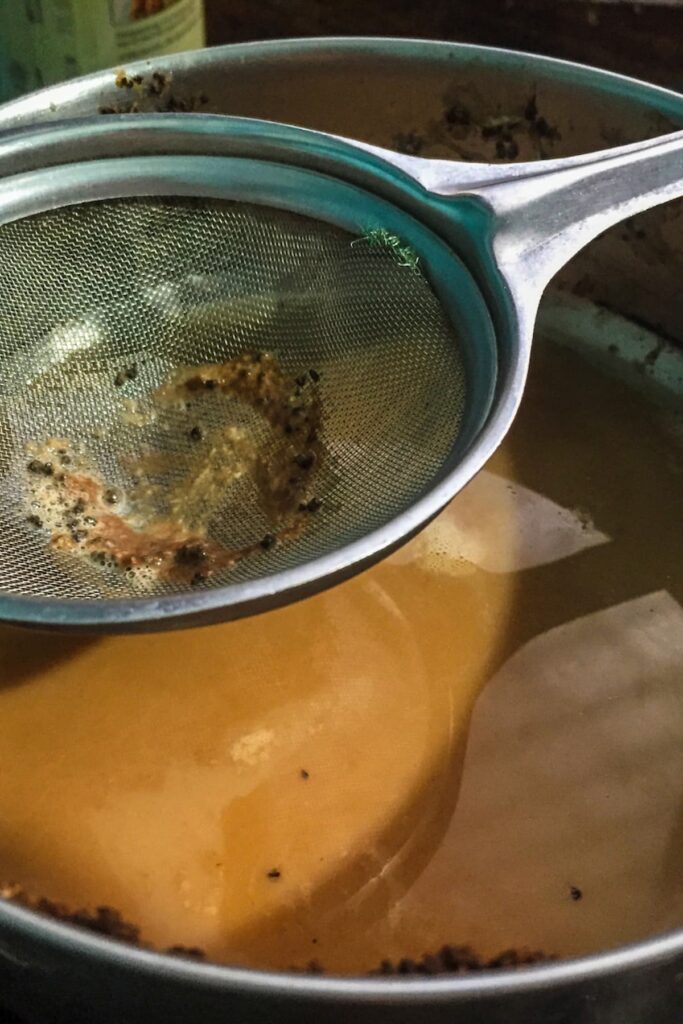
Gathering Your Ingredients
First things first, gather your supplies. You’ll need:
- Use organic tea leaves or used tea bag (make sure they’re organic and free from any additives)
- A large container or bucket
- Water
- Optional: additional organic materials like eggshells, banana peels, or coffee grounds for an extra nutritional boost
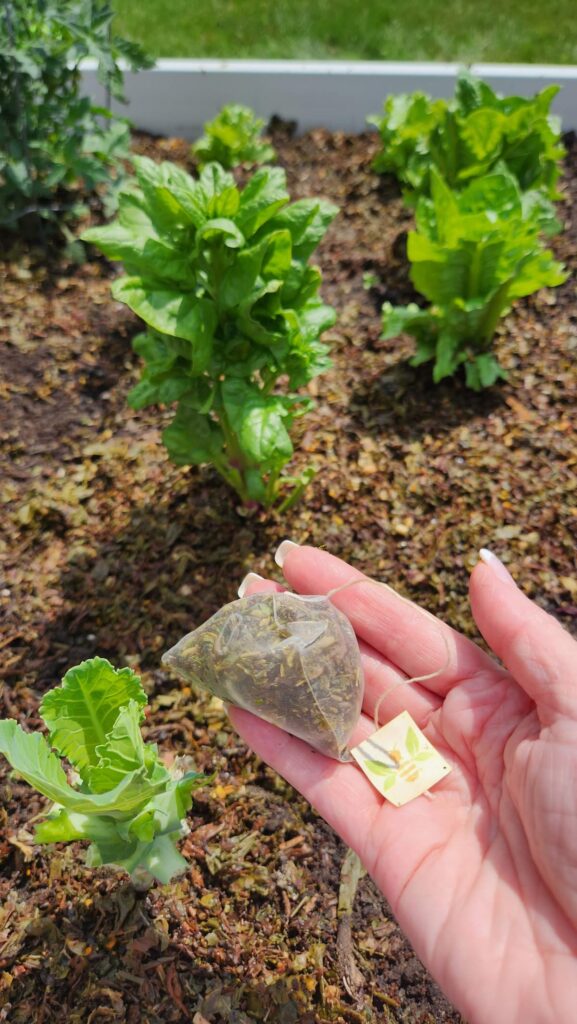
Brewing Your Fertilizer
Now, it’s time to brew up some liquid gold for your plants. Here’s what you do:
- Fill your gallon bucket or container with water – either tap water that’s been left to sit for a day or rain water if you’re feeling extra eco-friendly.
- Add your used tea leaves or tea bags to the water. You can use any type of tea – black, green, herbal – whatever you have on hand.
- If you’re feeling adventurous, toss in some additional organic materials like eggshells or banana peels. These will add even more nutrients to your fertilizer.
- Let everything steep for at least 24 hours, stirring occasionally to help the ingredients mingle and infuse the water.
- After 24 hours, strain out the solids, and voila – you’ve got yourself a batch of homemade herbal fertilizer!
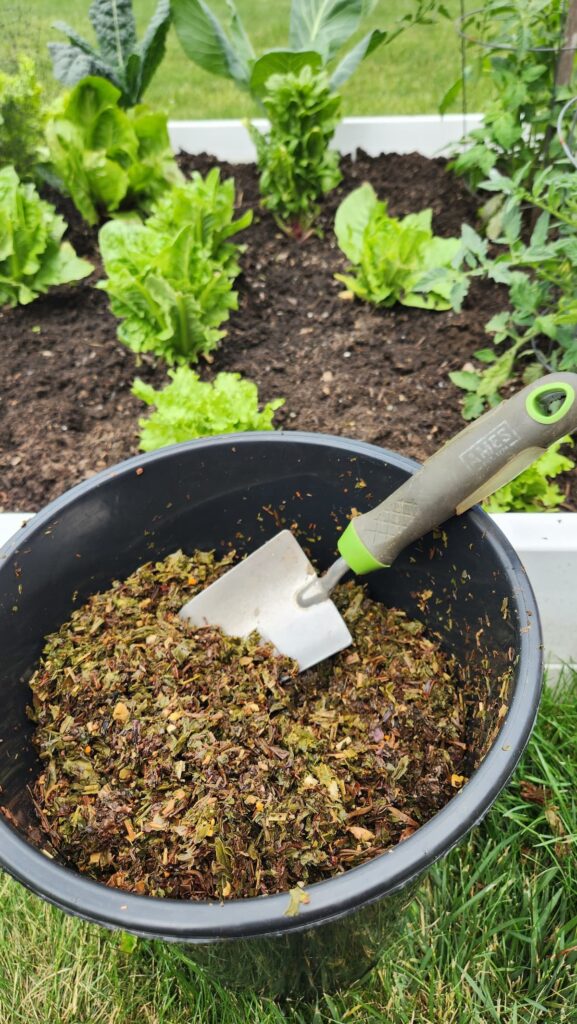
Using Your Herbal Fertilizer
Now that you’ve brewed up your fertilizer, it’s time to put it to good use. Here are a few ways you can use it to maximize your plant growth:
- Watering: Simply dilute your fertilizer with a bucket of water (about 1 part fertilizer to 10 parts water) and use it to water your plants as you normally would. They’ll drink up all those nutrients and thank you with lush, vibrant growth.
- Foliar Feeding: For an extra boost, you can spray your plants’ leaves with a diluted solution of your tea water. This allows them to absorb nutrients directly through their foliage, giving them a quick pick-me-up when they need it most.
- Soil Drenching: If your plants are looking a bit under the weather, give them a boost by pouring some undiluted fertilizer directly onto the soil around their roots. This will deliver a concentrated dose of nutrients right where they need it, helping them bounce back in no time. The National Gardening Association is an excellent source for all things related to gardening and improve their plant growing skills.
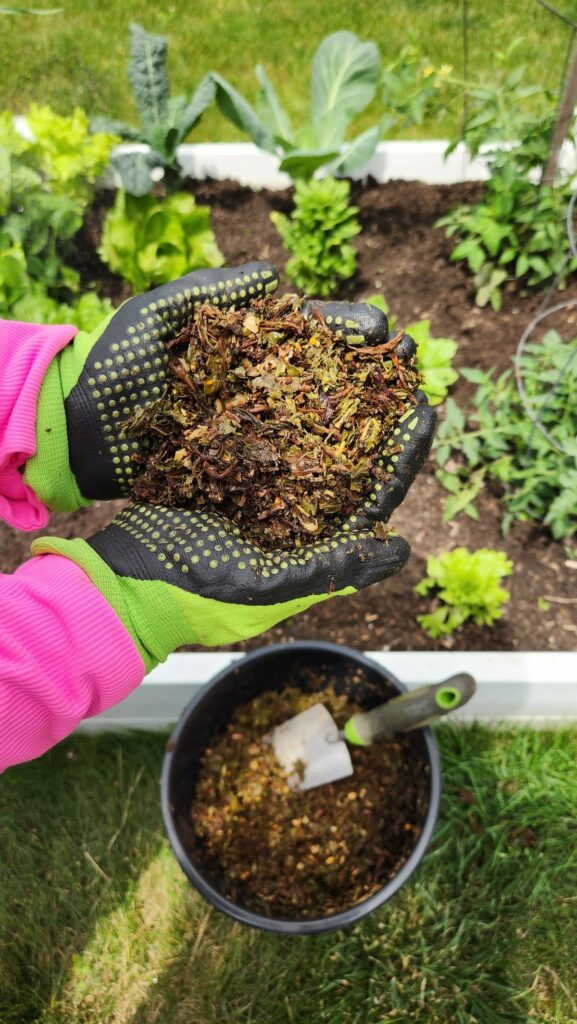

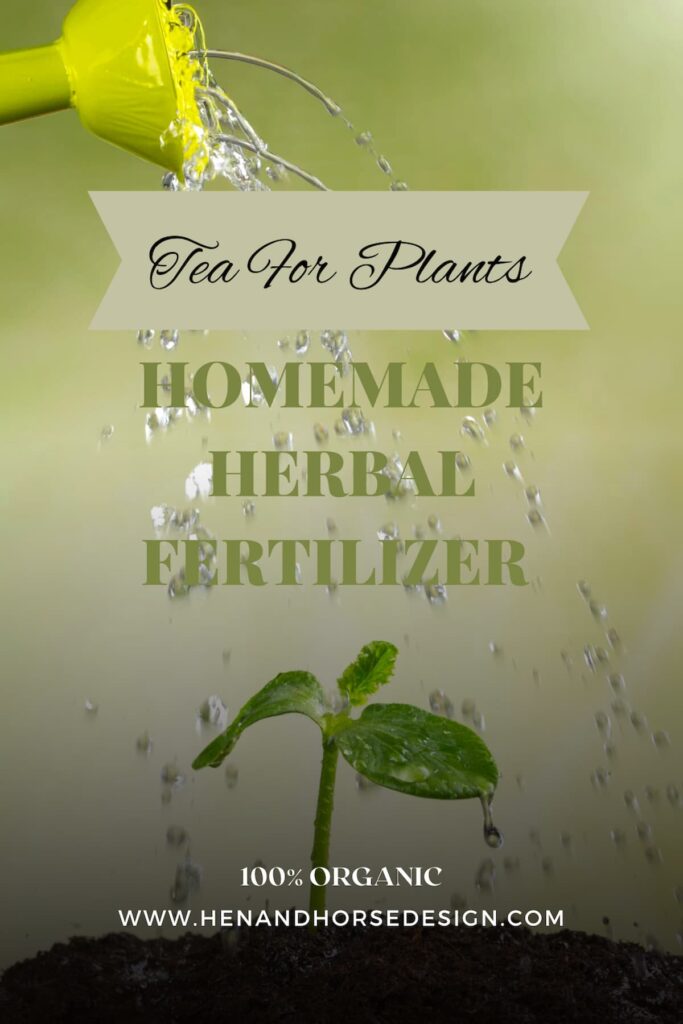
Is It Good To Water Plants with Tea?
Today, gardening enthusiasts let’s chat about a topic that’s been brewing in the minds of avid tea drinkers and green thumbs alike: Is it good to water plants with tea? Well, let me spill the tea on this one!
Now, when we talk about watering plants with tea, we’re not just talking about your average cup of tea or herbal infusion. We’re talking about using cold tea, brewed from leftover tea leaves or used tea bags, as a natural fertilizer for your garden plants. And let me tell you, it’s a great way to give your green friends a boost of essential nutrients while also putting those tea remnants to good use.
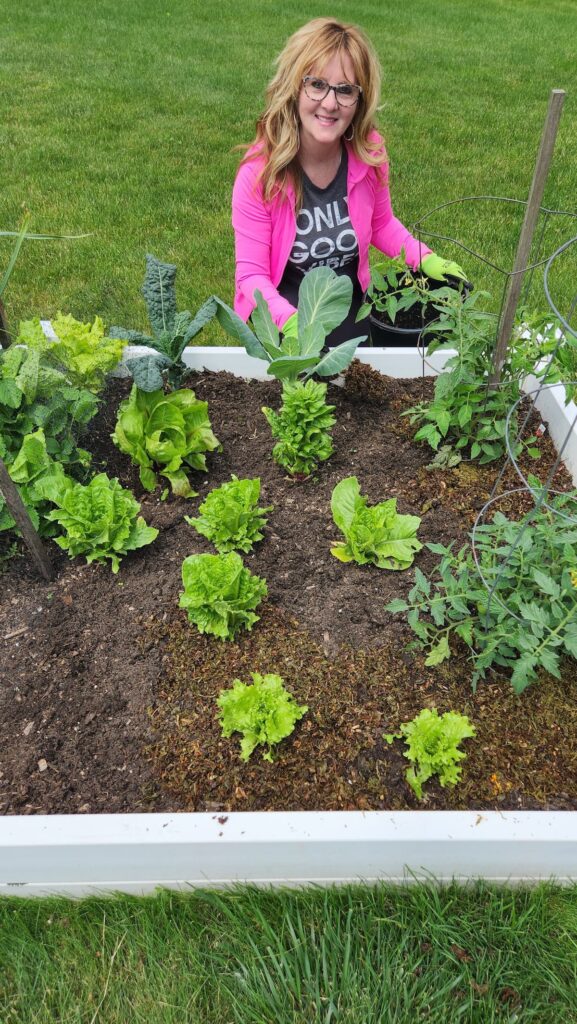
You see, the addition of tea is packed with all sorts of goodies that plants love – from the tannic acid in black tea to the essential nutrients found in green and herbal teas. When used as a liquid fertilizer, it can help promote healthier soil, encourage leafy growth, and even ward off pests and diseases.
Shop & Source
Not all tea is created equal
But here’s the catch: not all types of tea are created equal when it comes to plant nutrition. While black tea, green tea, and herbal teas can all be used to make compost tea, some are better suited for certain types of plants than others. For example, acid-loving plants like camellias and azaleas will thrive on a dose of black tea, while green tea might be better suited for general garden plants.
So, is it good to water plants with tea? In short, yes – as long as you’re using the right type of tea and brewing it properly. Just remember to dilute your compost tea with clean water before using it on your plants, and you’ll be rewarded with great results all growing season long.
What Tea is Good For Plants?
Ah, the age-old question: what tea is good for plants? Well, my fellow gardeners, the answer might surprise you. You see, when it comes to brewing up a batch of homemade fertilizer tea for your green friends, the possibilities are endless.
Let’s start with the basics: black tea, green tea, and herbal teas are all fantastic options for making compost tea. Black tea, with its high tannic acid content, is perfect for acid-loving plants like camellias and rhododendrons. Green tea, on the other hand, is rich in essential nutrients like nitrogen and potassium, making it a great choice for general garden plants.
But why stop there? Why not get creative with your fertilizer tea and experiment with different types of tea leaves and ingredients? Loose tea, oolong tea, white tea – the world is your oyster! And don’t forget about coffee grounds and fresh herbs, which can add an extra nutritional punch to your brew.
At the end of the day, the best tea for your plants is the one that suits their needs and your preferences. So go ahead, brew up a spot of tea for your garden, and watch as your plants thrive on this simple, all-natural liquid fertilizer.
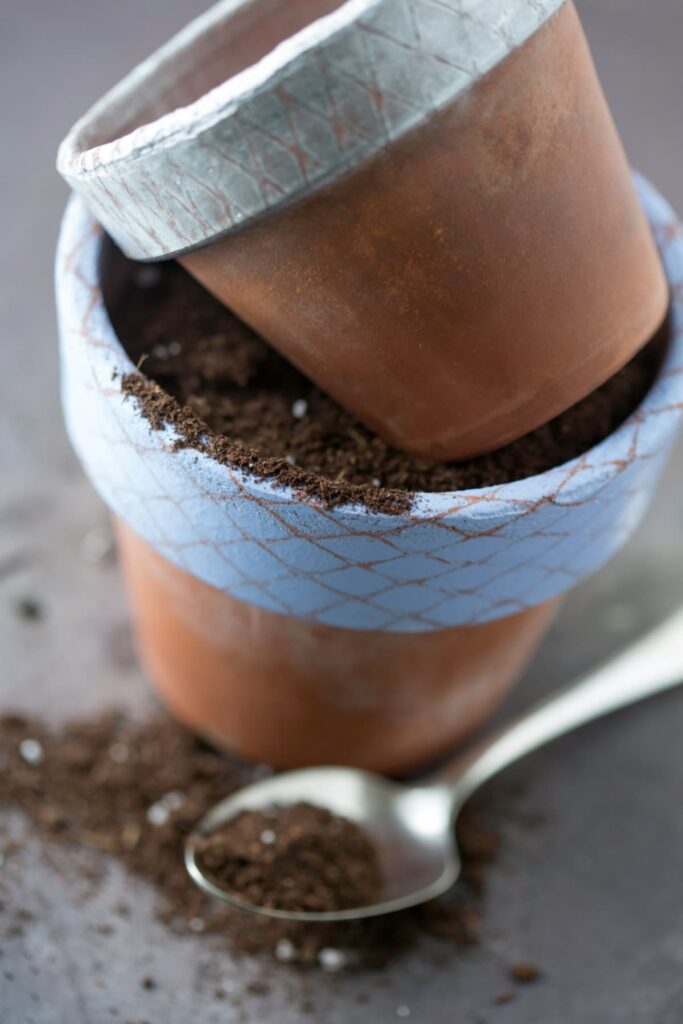
Other posts you may enjoy:
How to whisk the perfect matcha tea
How to make cold brew tea step by step guide
19 Best tasting tea for beginners
Final Thoughts
And there you have it, folks – the secret to maximizing your plant growth with homemade herbal fertilizer. It’s cheap, it’s easy, and best of all, it’s all-natural. So why not give it a try? Your plants will thank you for it, and you’ll be amazed at the difference it makes in your garden. Happy gardening!

